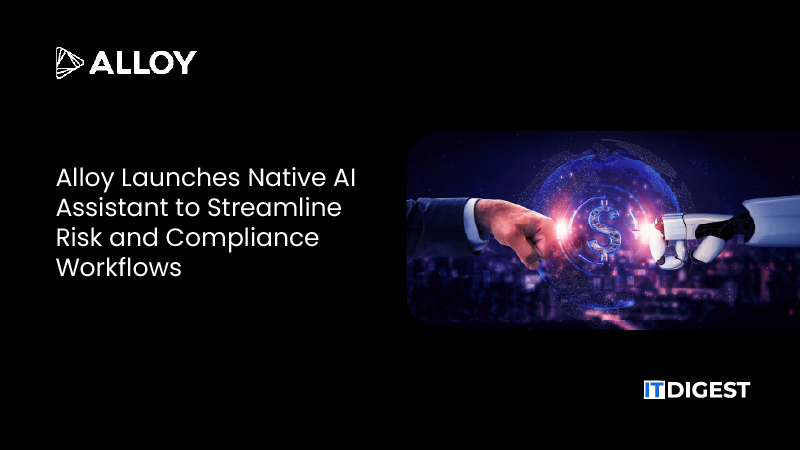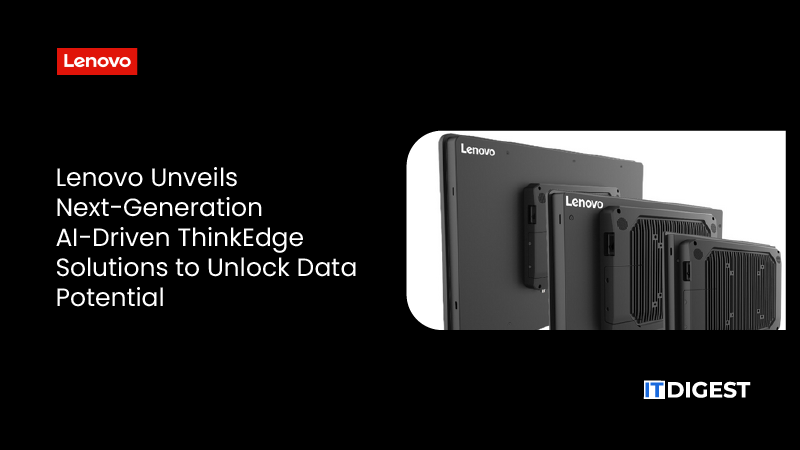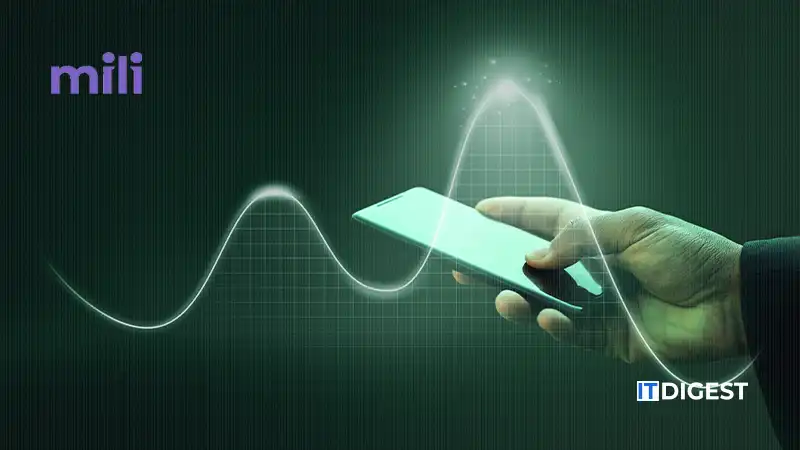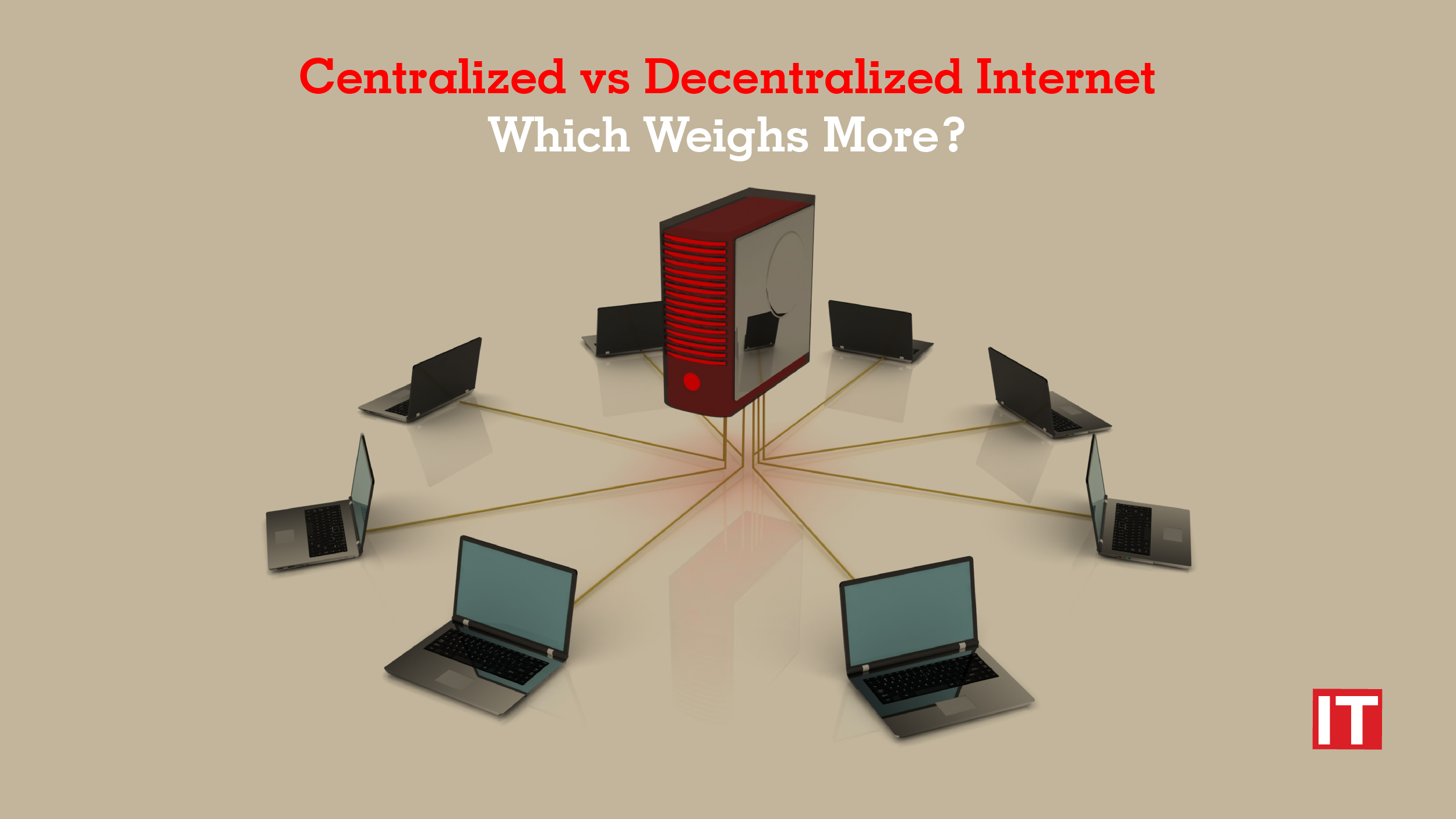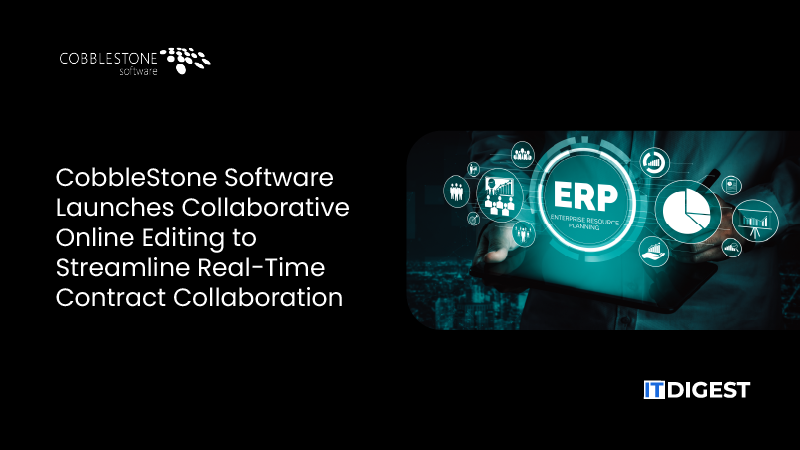The clash over centralized vs decentralized internet networks has a long way to go. We will examine both of these internet networks in this article and learn about their key differences.
The internet as we know it today is a centralized system, where a small group of companies and organizations control the flow of information and access to online resources. However, there is a growing movement to create a decentralized internet, which aims to distribute power and control more evenly among users.
Given that almost everything in today’s world depends on an internet connection, the debate over centralized vs. decentralized networks appears to be more prominent. We shall thus explore the key differences between these two network types in more detail. You will have a greater understanding of each of these architectures by the end of this article, enabling you to choose the best strategy for managing your enterprise IT assets.
Centralized vs Decentralized Internet: How Middleman Seals the Deal?
When we talk about centralized vs decentralized, one thing you need to understand is there should be a middleman or third-party involvement to effectively facilitate communication among the many nodes in a centralized network. On the contrary, the middleman is not required in the case of a large-scale decentralized network.
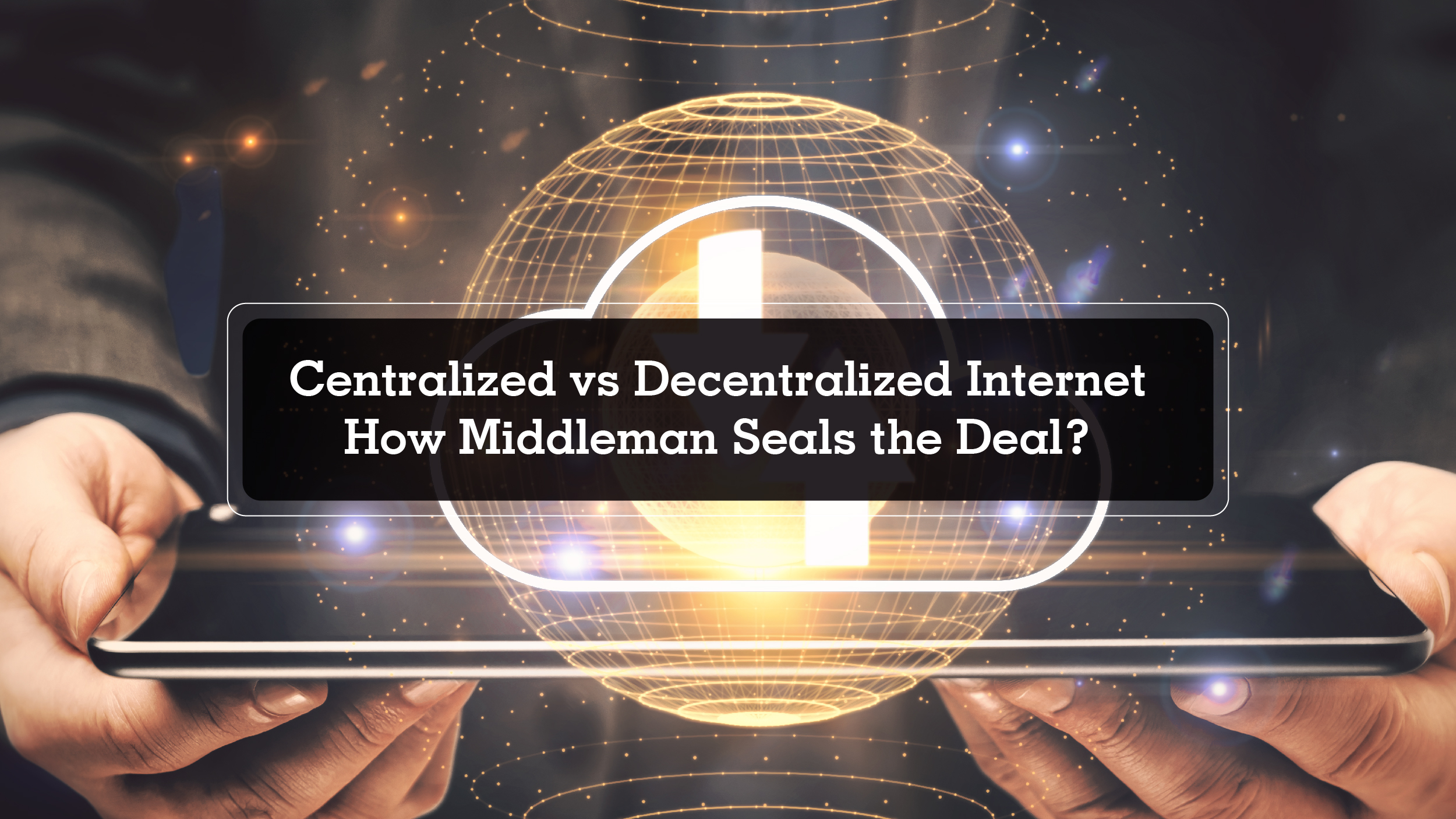
Centralized Internet: What Does it Exactly Mean?
So what are centralized networks? they are networks that have connections between every node at a single node, to put it simply. The term “central node” refers to this single location, which manages all network connections. In a centralized network, a single point of authority holds complete control.
Since every piece of data passes through the center node, this kind of network is particularly effective at communicating. This makes it simple to keep track of everything that is happening and ensures that all of the nodes are cooperating as a unit.
Also Read: 5G and IoT will Lead the Way to a High-Speed Innovation-Driven Era
However, utilizing centralized networks has some disadvantages. The entire network collapses if the primary node goes down, to start with. And secondly, if someone is able to get into the central node, they will have access to all of the data that is passing through it.
How Does Centralized Internet Work?
The primary data processing and network administration tasks are carried out by a central server in a centralized network.
All of the data and network processes must be stored and executed by this server. It can be situated in a single location or dispersed across a number of locations.
Less powerful network workstations connect to the main server through the network’s workstations. Instead of carrying out particular tasks (data storage, applications, utilities) directly, these workstations send their requests to the main server for processing.
In most cases, the central server has a large amount of storage and strong computing capabilities. It additionally has a high-speed internet connection. These enable the management of a significant volume of data traffic and a number of users.
Decentralized Internet: What Does it Exactly Mean?
In computing, a decentralized network design divides workloads over a number of devices as opposed to depending solely on one central server. Since desktop and laptop computers have advanced rapidly in recent times, they now provide performance much above what is required for the majority of commercial applications, allowing for distributed processing to take advantage of the additional processing capacity.
In contrast, centralized networks are run by a single firm, such as Facebook, which has complete control over the network. With decentralized networks, no central authority controls the network’s content policies or membership requirements.
How Does Decentralized Internet Work?
Centralized Internet is dependent on servers. In a decentralized version, a peer-to-peer network based on a user community would be used. The internet would be hosted by their internet-connected devices rather than a set of more high-powered servers. It would be impossible for a single server to crash due to, say, a DDoS (distributed denial-of-service) attack as each website would be distributed among hundreds of nodes on various devices.
Centralized vs Decentralized Internet: Understand the Core Differences
Eventually, network centralization was developed as a strategy to boost productivity and benefit from possible economies of scale. On the other hand, by localizing processing power to each individual user, decentralization seeks to increase the network’s speed and adaptability. Then, what distinguishes centralized from decentralized digital networks? In a nutshell, control is the key.
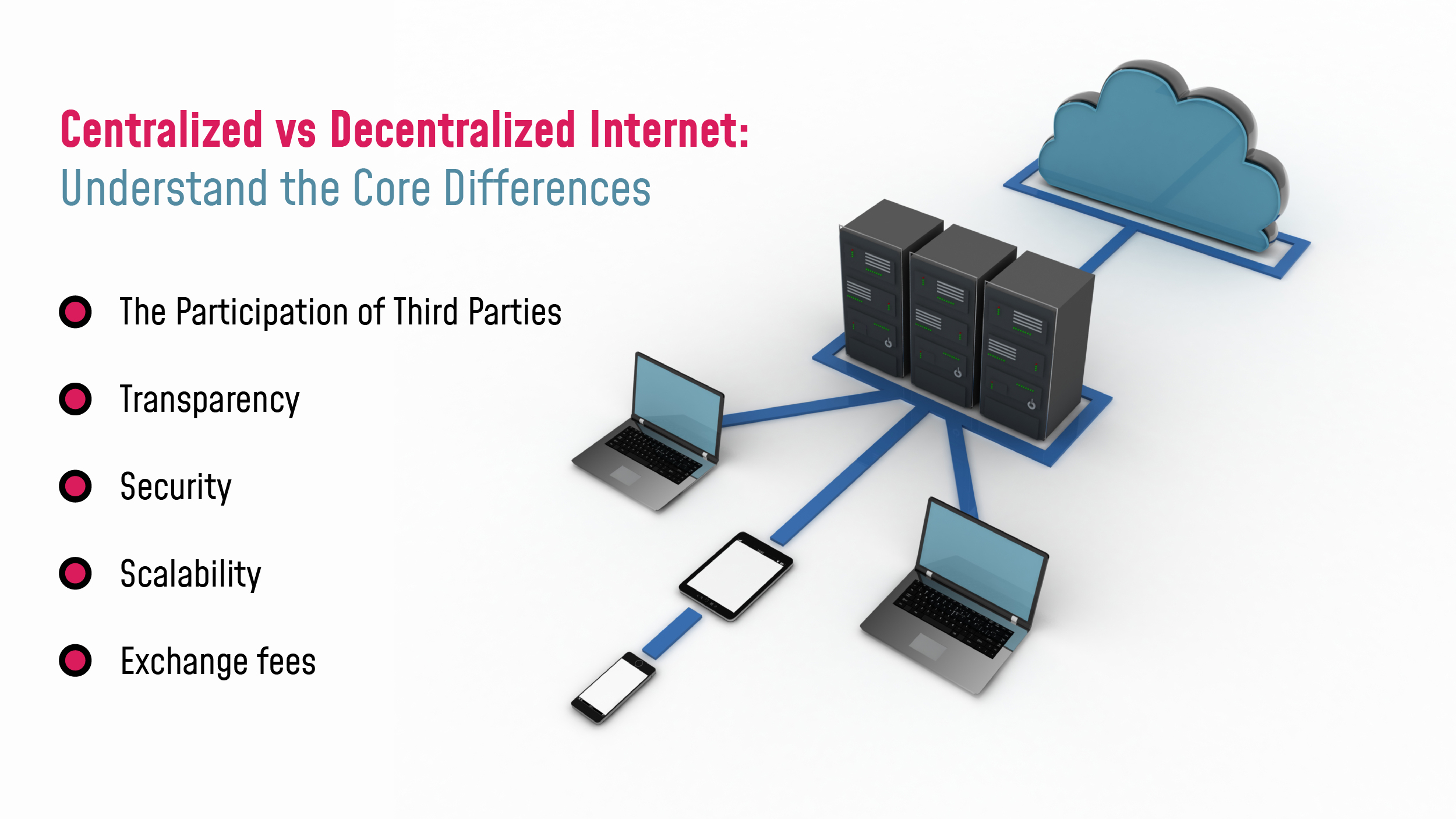
- In a centralized network, a single point of authority holds complete control. Security and network consistency can both benefit tremendously from this. However, it also implies that there is no place for discussion or disagreement with any decision made by the central authority.
- On the other hand, a decentralized network divides control across all of its nodes. Although there may be chaos and inconsistency as a result, there will also be greater chances for innovation and collaboration. Additionally, if one node fails, the others can keep the network running and functioning properly.
Examining some of the fundamental distinctions between the two, let’s see what they are.
-
The Participation of Third Parties
In order to efficiently facilitate communication among the number of nodes in a particular centralized network, a third party or a unique mediator is needed. In a large-scale decentralized network, intermediaries are not required. On the blockchain network, each individualistic node has direct access to other nodes.
-
Transparency
When it comes to transparency, centralized networks are significantly less transparent as all information and data are mainly kept in one single location. Through the DLT(distributed ledger technology), decentralization dramatically boosts transparency.
-
Security
It is way easier to scale conventionally centralized networks by merely adding more servers to the system. With decentralized networks, this is regarded as being more difficult to do so due to the fact that each node must be capable of handling more load.
-
Scalability
Conventional centrally-managed networks can scale more easily by merely inserting additional servers into the system. Decentralized networks are considered to make this more challenging as each node needs to be capable of managing more traffic.
-
Exchange fees
As there are more mediators involved in centralized networks, the costs are typically higher (take financial service providers and banks as examples). These elements do not exist in centralized networks, which leads to lower fees.
Centralized vs Decentralized Internet: Which One is Here to Stay?
The debate over centralized vs decentralized internet networks isn’t going away any time soon. When it comes to centralized vs decentralized internet, there are a few major differences. When compared to decentralized networks, which are dispersed and owned by various entities, centralized networks are owned and operated by a single entity. Decentralized networks are more democratic since choices are made by a group of people as opposed to one central authority. While centralized networks are quicker and more effective than decentralized ones, they are also more susceptible to attack. Decentralized networks are slower but more secure since they have less possibility of being compromised than centralized networks.
Both centralized and decentralized systems have advantages over one another. Without a question, organizations, governments, and businesses seek ownership of their resources, even if it comes at the cost of giving up on efficiency. Decentralization, however, is a permanent phenomenon! And as more businesses see its advantages, it will continue to expand over time.







